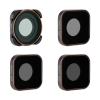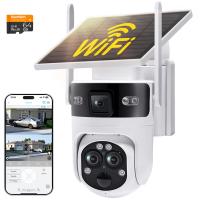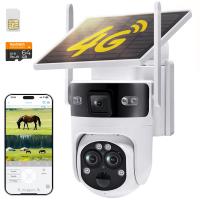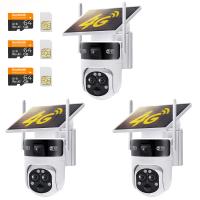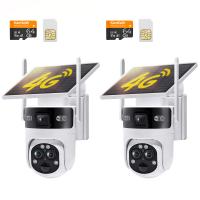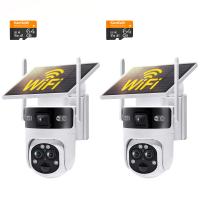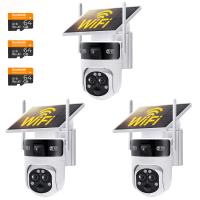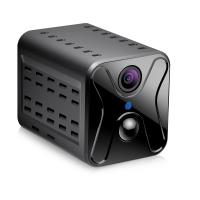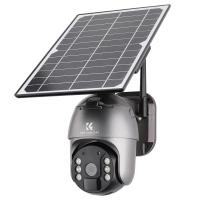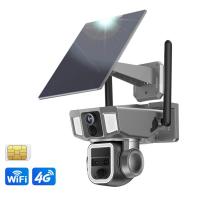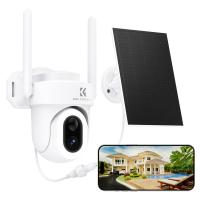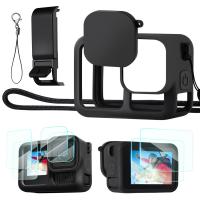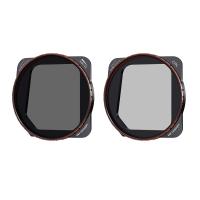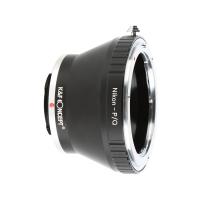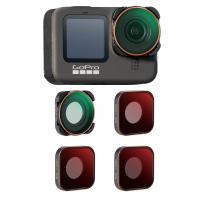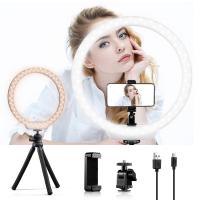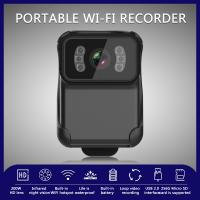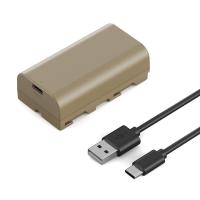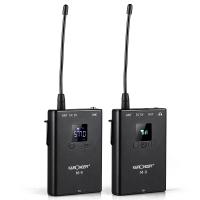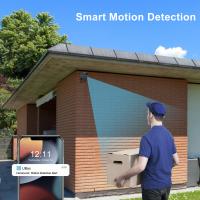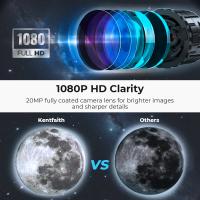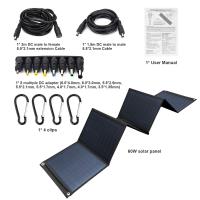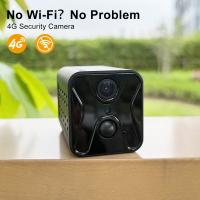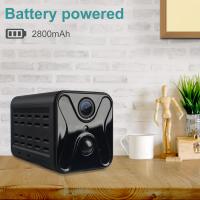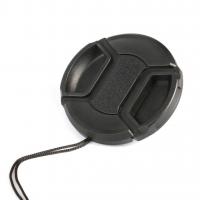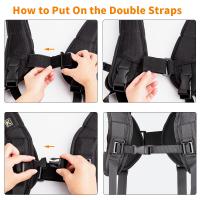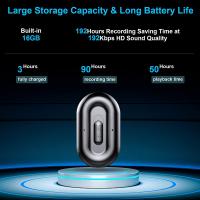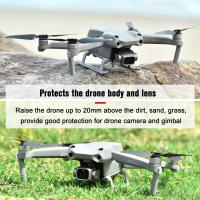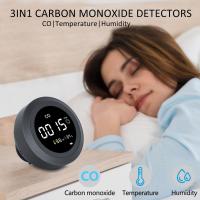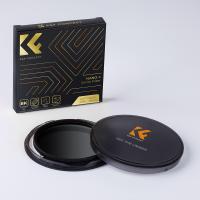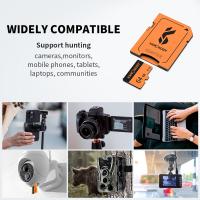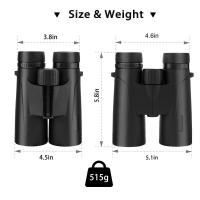Are Wireless Home Security Cameras Any Good?
Are Wireless Home Security Cameras Any Good? Benefits, Drawbacks, and Key Considerations
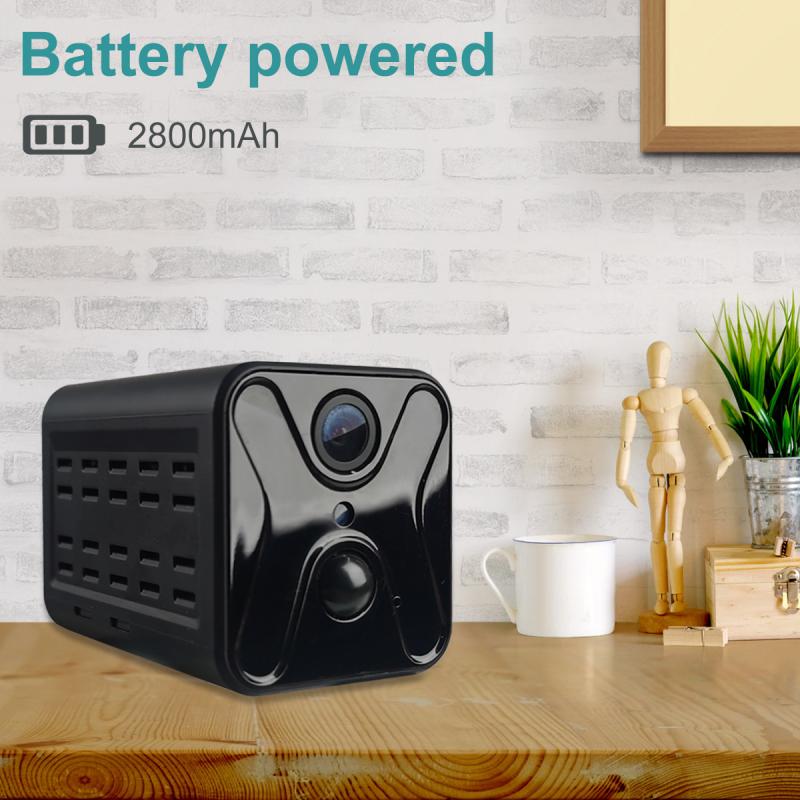
Home security has always been a priority for homeowners, and with innovation on the rise, wireless home security cameras have become a popular choice. They promise convenience, flexibility, and advanced technology, all while eliminating the need for complex wiring systems. But are they really as good as they seem? In this article, we’ll take an in-depth look at wireless home security cameras, discussing their advantages, potential limitations, and tips for choosing the right system for your home.
What Are Wireless Home Security Cameras?

Wireless home security cameras are surveillance systems that use Wi-Fi or cellular networks to transmit video footage to your smartphone, computer, or cloud storage. Unlike traditional wired systems, they don’t rely on physical cables to connect the cameras to the recording device or monitoring station. This makes them easy to install, portable, and flexible for any space or use case.
Wireless cameras generally come in two types:
1. Battery-Powered Cameras: These devices rely entirely on battery power, making them completely wire-free and ideal for areas where wiring isn’t feasible or practical.
2. Plug-In Cameras: These cameras still rely on an electrical outlet for power but communicate wirelessly for data transmission.
Now that we know what they are, let’s dive into their benefits, drawbacks, and overall performance.
---
The Benefits of Wireless Home Security Cameras
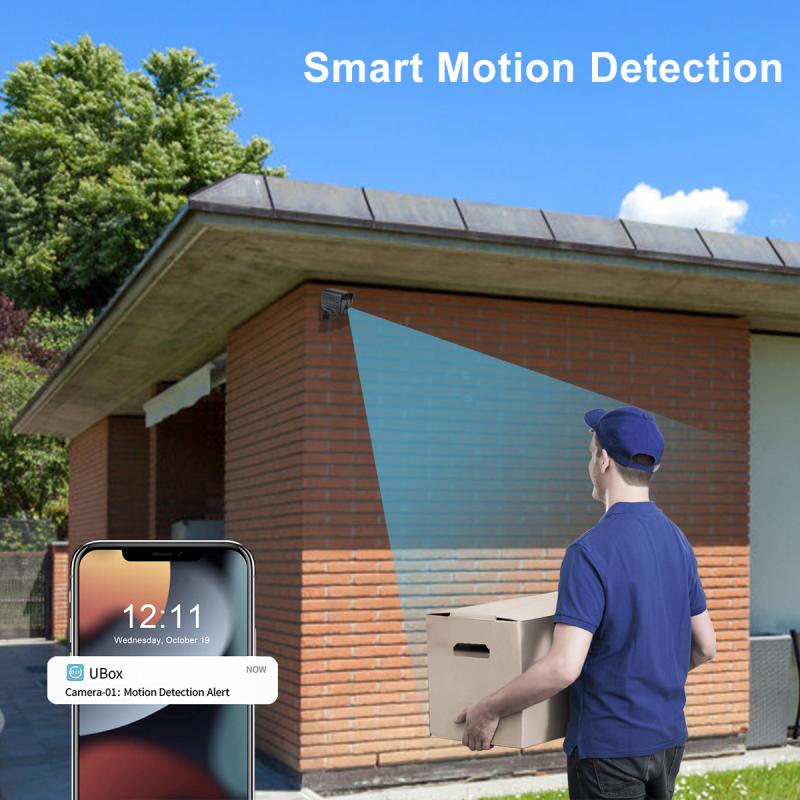
Wireless home security cameras have surged in popularity for a variety of reasons. Here’s why they might be the ideal choice for your home security needs:
1. Easy Setup and Installation
One of the standout features of wireless security cameras is their simplicity. Because they are wire-free, there’s no need to run cables through walls or ceilings. Most wireless cameras are plug-and-play, requiring minimal technical expertise. Even battery-powered models can be mounted quickly anywhere they are needed.
2. Flexibility in Placement
Without the constraints of wiring, homeowners can place these cameras virtually anywhere – outside the house, at the front door, in blind spots, or even in unconventional areas like garages and sheds. If you decide to rearrange the setup or move to a new location, they’re easy to uninstall and reinstall.
3. Remote Monitoring
Wireless home security cameras often come with mobile app compatibility, allowing you to access live footage or recorded videos from your smartphone, no matter where you are. Instant notifications for motion alerts keep you informed if anything unusual happens at home.
4. No Wiring Required
Conventional wired security systems may involve the hassle of drilling holes in walls, dealing with cluttered cables, or hiring a professional for installation. Wireless cameras bypass all of these requirements, saving you time, effort, and sometimes additional labor costs.
5. Cloud Storage Capabilities
With wireless systems, many brands offer cloud storage options, so you can save footage offsite. This prevents footage from being tampered with or stolen, providing you with extra peace of mind.
6. Smart Features and Integrations
Many wireless home security systems come with advanced functionalities, such as motion and sound detection, two-way audio, night vision, and AI-powered facial recognition. They can also integrate seamlessly with smart home ecosystems like Google Assistant, Amazon Alexa, or Apple HomeKit.
---
The Drawbacks of Wireless Home Security Cameras
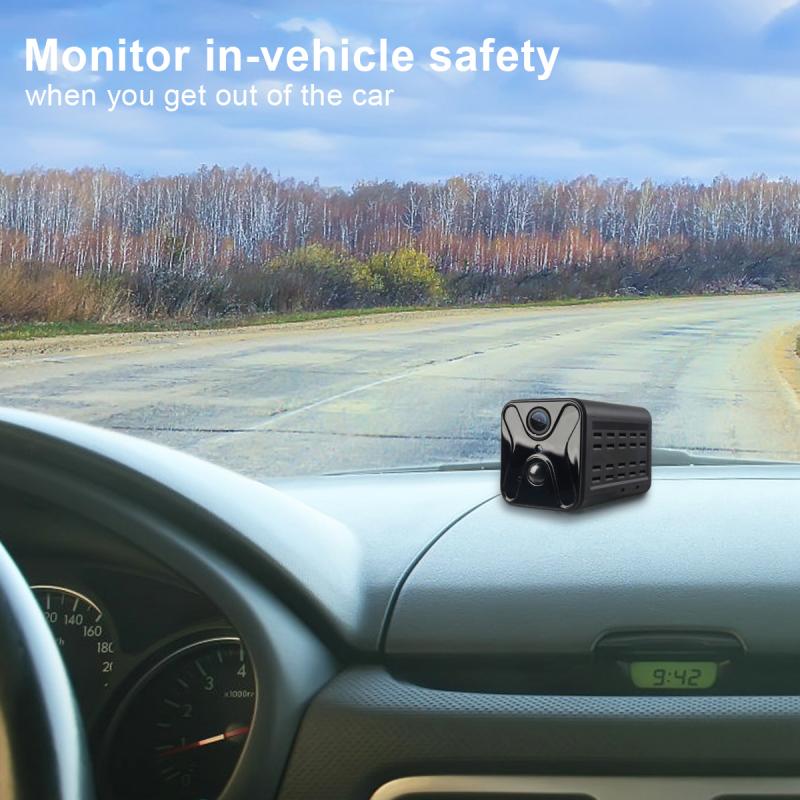
While wireless cameras offer immense benefits, they do have some limitations that are worth considering. Understanding these drawbacks can help you decide whether they’re the right fit for your home.
1. Internet Dependency
Wireless cameras rely heavily on a stable internet connection for transmitting footage and sending alerts. If your Wi-Fi is slow, unreliable, or experiences outages, the performance of your wireless camera may be affected. This is especially true for homes with weak Wi-Fi signals in certain areas.
2. Battery Maintenance (for Wire-Free Models)
Battery-powered cameras are entirely wire-free, but they require regular battery replacements or recharging. If you forget to recharge the battery on time, your security system could be compromised. While battery life has improved with modern designs, it’s an ongoing responsibility for users.
3. Potential Security Risks
Because wireless cameras connect to your home network, there’s a risk of cyber-attacks or hacking if the systems aren’t adequately secured. Poorly configured Wi-Fi networks or outdated firmware can leave these cameras vulnerable to unauthorized access.
4. Limited Range of Wi-Fi Connectivity
The range of a wireless home security camera is limited by the reach of your Wi-Fi network. If the camera is too far from the router, signal strength may drop, resulting in reduced video quality or lost footage.
5. Ongoing Costs
While many wireless cameras are more affordable upfront than wired systems, some brands require subscriptions for cloud storage, advanced features like video analytics, or remote monitoring capabilities. These monthly or annual fees can add up over time.
6. Weather Durability (for Outdoor Models)
Outdoor cameras must endure varying weather conditions. Although many wireless models boast weather-resistant designs, extreme temperatures, heavy rain, or high humidity might still reduce their lifespan or effectiveness.
---
Comparing Wireless Security Cameras to Wired Systems
Determining whether wireless cameras are “good” often comes down to comparing them with their wired counterparts. Here’s a quick side-by-side analysis:
| Feature | Wireless Cameras | Wired Cameras |
|------------------------|-----------------------------|-----------------------------|
| Installation | Easy, DIY-friendly | Complex, may require professional installation |
| Power Source | Battery or outlet | Wired to electrical system |
| Flexibility | Highly portable | Permanent once installed |
| Reliability | May experience Wi-Fi issues | Dependable with no internet required |
| Cost | Affordable upfront but ongoing cloud storage fees | Costly upfront but minimal extra fees |
| Ideal Setup | Temporary or rental homes, DIY enthusiasts | Large or high-security properties, permanent setups |
---
Who Should Consider Wireless Home Security Cameras?
Wireless cameras are a great choice in a variety of scenarios, especially if one or more of the following applies to you:
1. You Rent Your Home
If you’re renting, you likely need a security system that doesn’t involve modification to the property. Wireless cameras are perfect since they don’t require drilling or wiring.
2. You Value DIY Installation
If you’re a hands-on person who prefers to set things up yourself, wireless cameras make the process straightforward.
3. You Need a Temporary Security Solution
Wireless cameras are ideal for temporary setups, such as monitoring construction sites, vacation homes, or events.
4. You Want Remote Access
If monitoring your home from anywhere is a priority, wireless systems make this easy with companion apps and mobile notifications.
5. You Have a Small to Medium-Sized Property
Wireless cameras work best in areas with good Wi-Fi coverage, making them suitable for smaller or medium-sized spaces where signal drop-offs are unlikely.
---
Key Considerations When Buying a Wireless Camera
If you’ve decided on a wireless system, here are some essential factors to look out for:
1. Battery Life or Power Source: Look for models with long battery life, or opt for plug-in models if changing batteries frequently isn’t practical.
2. Video Quality: Cameras with at least 1080p resolution ensure clear footage, while some newer models even offer 4K for sharper details.
3. Night Vision: Ensure the camera can capture quality footage even in low light. Infrared and color night vision are worth exploring.
4. Storage Options: Check whether the manufacturer offers free or subscription-based cloud storage. Alternatively, some systems provide local storage with SD cards or hard drives.
5. Smart Features: Consider functionalities like two-way audio, motion detection, and integration with your smart home devices.
6. Weather Resistance: For outdoor use, choose a model designed to withstand tough weather conditions, such as rain, snow, and extreme temperatures.
---
Final Verdict: Are Wireless Home Security Cameras Worth It?
Yes, wireless home security cameras are “good” for many people, but their effectiveness depends on your specific needs and circumstances. They’re an excellent choice for anyone looking for convenience, portability, and

